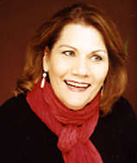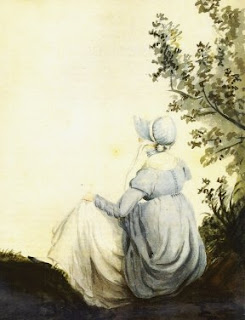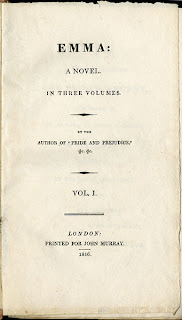I just reached the 70,000 word point in my balloonist story and it occurred to me that I might actually finish this thing sometime in the not distant future!
This is the story that called to me most strongly when I started writing again after the crisis of my husband’s stroke. Since it was a time of creative recovery, I decided to just enjoy the process and not worry about what I was going to do with the result. The industry was (and still is) changing a lot and once the work was finished, I could think about whether to return to traditional publishing or go indie with it. I was happy that there would be options.
Now that the time for a decision is getting closer, I’m reviewing those options more closely. I don’t think there’s one clear answer at this point that works for every writer. I think there are a lot of factors that work into that decision and would never criticize anyone else’s choices. I just have to decide what seems best for this story.
There are good reasons to try the traditional publishing route, leaving self-publishing as a fall back. It’s still a very meaningful accomplishment to get through the gates of traditional publishing. I suspect that for many readers, it’s one potential predictor of quality that helps them with purchasing choices. Traditionally published books have been professionally edited. Traditional publishing is still the way to get into brick-and-mortar bookstores. Traditionally published books are eligible for established contests, like RWA’s RITA. It’s easier to get professional reviews for traditionally published books.
On the other hand, my balloonist story might do better as an indie book. For one thing, it is a bit out of the normal stream and lacks some of the elements that seem very common right now. No duke, no courtesan—again, no criticism against duke/courtesan stories, this just isn’t one. Yet I believe in this story and think there is a potential audience for it. The modest success I’ve achieved independently publishing my reissues may help. Perhaps the readers who enjoyed these reissues will take a chance on a new story?
This book will also go through my talented and long-suffering critique partners, as my other books have done. Said talented and long-suffering critique partners have tended to leave little for my professional editors to do. So I think the quality of writing would not suffer if I go indie.
For those readers who prefer a paper book, I would plan to have a Print on Demand version available. It is easier to price ebooks competitively, but I would still strive for that with a POD version. Lastly, I have enjoyed the indie process. Managing the business end was a little scary at first, but now I enjoy having the immediate visibility into my sales, the ability to develop my own strategies, and greater control over cover art.
Of course, this is my decision to make, but I am interested in what you think. How do you think readers make their buying decisions when looking at traditionally published versus indie books? Am I asking myself the right questions?




